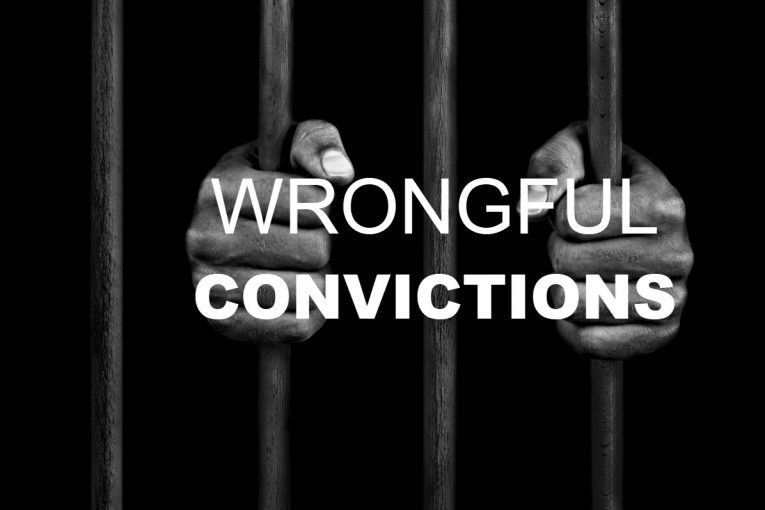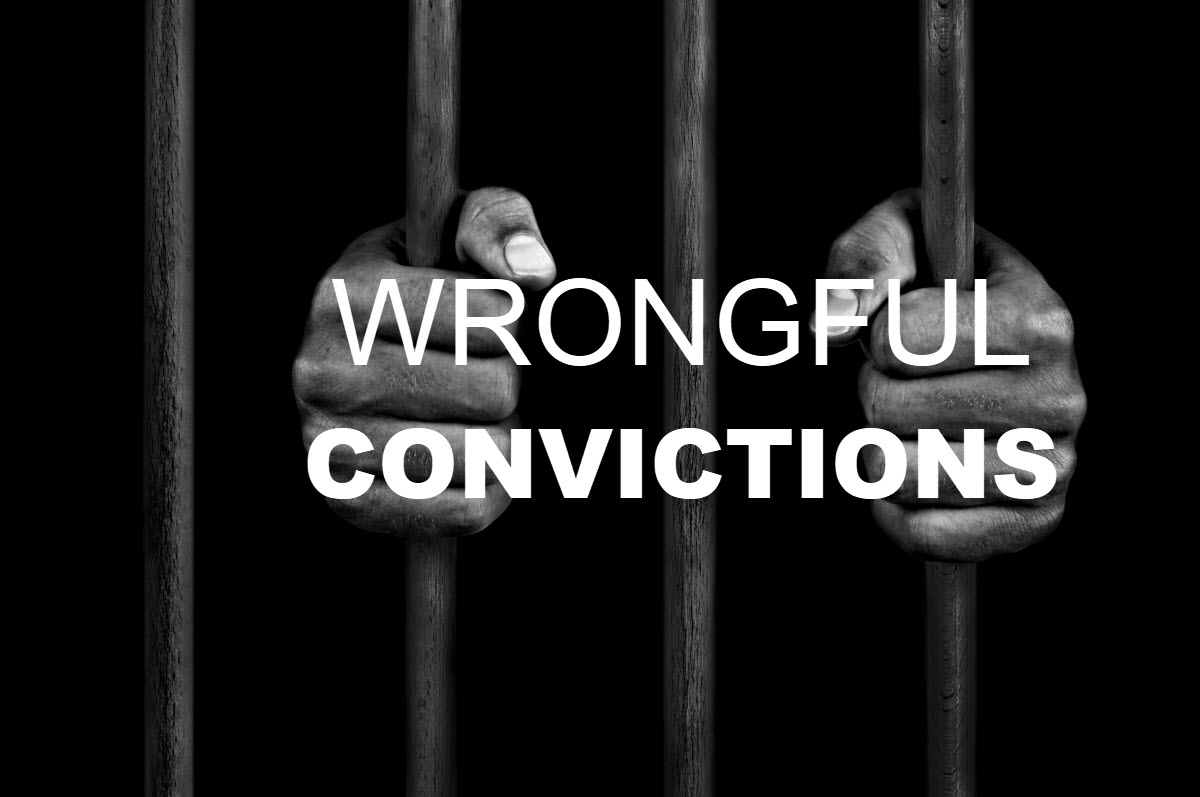

By Luke Kyaw and Yasmin Homan
NEW YORK, NY – Organized by the Innocence Network, last weekend marked the eighth annual International Wrongful Conviction Day highlighting the frequently interminable road to exoneration and the various challenges exonerees endure to face after they have been discharged.
For approximately 30 years, the Innocence Project has worked to free wrongly imprisoned people, and focusing on legislation that supports individuals who have been wrongfully convicted.
Even through the unprecedented pandemic, the Innocence Project and its partners have been able to successfully execute 20 state-based reforms all over the country.
The organization notes that there have been exactly 16 states that have either passed or altered legislation that plays a role in promoting justice for every individual, mainly focusing on the ones who have been treated unfairly and have been convicted immorally.
To achieve this, said the Project, the states have expanded their police liability, reconstructing and bettering compensation and also endorsing measures to avoid prosecutorial delinquency.
The Innocence Project lists these highlights from the 2021 legislative session:
Altering police practices and improving accountability
To keep innocent people safe and to avoid unfair convictions, the Innocence Project argues that it is important to create change in police practices and to restrict misconduct. Numerous states have enacted laws that play a role in changing important police practices and detain police liable to better the justice system.
Laws have been created and passed that enforce police to make note of interrogations in the states of Ohio and Washington.
The Project explains policies like these are beneficial to make sure that police do not behave improperly when it comes to interrogations, and as a result, police can support and help judges to evaluate and determine whether the individual’s testimony is reliable or not along with deciding if it was coerced or not.
Another state that has also conformed to the law is Delaware, which is pending as the governor still has to sign it for the law to be law. Also, the state of Maryland has agreed to pass a law that makes police disciplinary records available for the public.
In July, the state of Illinois made the application of police deception amid interrogations of children that have not reached the age of 18, illegal, which makes them the first-ever state that has done this. Oregon followed as the second state that has made it unlawful for police to not be honest about “evidence, falsely promise leniency, or to use deception in any other form” when they are examining children.
The Project also notes how the state of New Mexico has disqualified officials and be held accountable when they carry out misconduct. Not only does the law not protect officials but it also permits the citizens of New Mexico whose rights have been disobeyed, to reclaim damages from the government employees including police officers, said the Project.
Advocating for Innocence
The Project lists how people who have been disobeyed and have been convicted unfairly, many times spend a long period trying to convince and submit evidence that they are innocent so that they can be declared innocent.
However, The Innocence Project said it is very difficult for these people to fight their cases as they would need access to information and DNA testing which is complicated to obtain.
To make it less difficult for individuals who have been unlawfully convicted, three states in 2021 created and accepted laws that would make it much more accessible for them to compile information needed to show that they are innocent.
The Project said one of these states is Virginia, which has decided to make criminal investigatory files, that were previously closed, available to the public. Also, the state of New Hampshire has played its part in making it easier for individuals to prove their innocence.
The Innocence Project argues how New Hampshire has enhanced their DNA testing law which also involves easier access to an attorney which will aid these individuals in obtaining DNA testing after they have been found guilty. In addition to this, the state of New Hampshire has also extended DNA testing to the ones who have been released.
Compensating Exonerees
After wrongful convictions and long incarceration, inmates who have been exonerated still have to face substantial financial and professional obstacles to rebuild their lives, explains The Innocence Project, noting that providing adequate compensation for the injustices they suffered will help alleviate these burdens and applauds related efforts by several states.
This past year, Montana and Maryland improved upon their existing compensation laws, increasing the upper limit of compensation that exonerees receive for each year that they were in prison.
Idaho and Rhode Island also joined 35 states in the nation to have successfully passed a compensation law. The former now provides exonerees up to $62,000 and the latter up to $50,000 per year for every year spent in wrongful imprisonment.
Better Accountability for Prosecutors
According to the National Registry of Exonerations, misconduct by prosecutors has been a common denominating factor in at least 31 percent of all exoneration cases but most of these prosecutors leave largely unscathed and unpunished.
In order to address this prevalent issue of prosecutorial misconduct, Minnesota passed a law this year to track and regulate the use of jailhouse informants. This is to ensure transparency in case informants are advised by prosecutors to falsely testify in exchange for more leniency in their own cases.
In a similar vein, Oregon and Connecticut passed laws that drastically improved their discovery frameworks and imposed stricter obligations for district attorneys to submit exculpatory evidence for defendants.
Forensic Science Regulation
DNA and other forensic science aspects have always been crucial in exonerations, making it imperative that the genetic data be collected and stored responsibly and safely, insists The Innocence Project.
To ensure the best of practices, it said, Maryland became the first ever state in the country this year to fully regulate the use of forensic genetic genealogy. Michigan also established a Task Force on Forensic Science which aims to strengthen and improve the forensic science methods used in the state.
Stopping the Death Penalty
The Death Penalty Information Center recently released a statement that wrote at least 185 people have been exonerated from death row. In other words, that’s 185 innocent people who were about to have their entire futures taken away for things that they didn’t commit, notes the Project.
This year, though, Virginia historically became the first Southern state to abolish the death penalty, said the Project, which points to these historic reforms all across the nation this year as a big win for justice reform advocates as well as victims of wrongful convictions.

